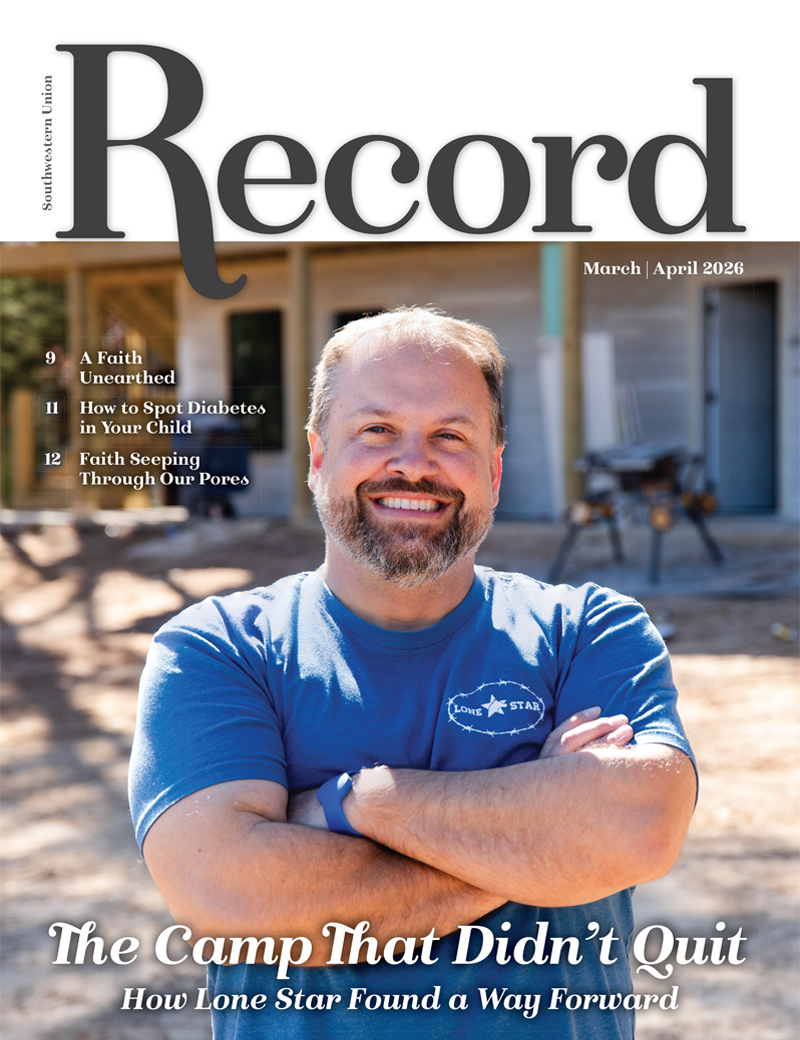I Was in Prison, and You Visited Me

“I’m doing so much better because I learned how to do the right thing when nobody was looking.” This is what a former inmate told Tyrone Boyd before breaking down in tears, explaining that he hadn’t had a father at home to teach him the things that he eventually had to go to prison to learn.
“Some of these guys are just like you or me,” says Boyd, Southwestern Union Prison Ministries coordinator, who also serves as the Southwest Region Personal Ministries director. “They need hope.”
With more than 2 million people incarcerated nationwide, the United States is home to 25 percent of the world’s total prison population. If we are to follow Jesus’ command to take the gospel into all the world, Boyd believes that includes prisoners. “Most people are going to be released at some point,” Boyd reminds us. “They come back into society and move next door to you, so it behooves you to try to impact change while a person is in a position where they’ve got to listen.”
During his years working in prison ministries and previously as chief of chaplains for the federal prison system, Boyd has seen the positive impact that ministry has on prisoners. “This thing about ‘jailhouse religion,’ that’s not fair, nor is it true,” says Boyd. “Religion is the greatest change agent.”
That being said, Boyd also reminds us that “nobody’s in prison because they sang too loud in the choir,” so those who feel called to minister to prisoners will need to undergo training to prepare themselves for a different environment.
“You have to walk a tight line between security and religious instruction,” says Boyd. For example, in addition to the importance of being punctual, a prison ministry volunteer must be flexible. They may have a scheduled event and show up to be told they cannot go into the prison as had been arranged. “They’re not stopping you just to stop you,” Boyd says.
There are many reasons something like this could happen: there may be blood on the floor, or the prison is on lockdown, or COVID-19 broke out or a staff member is hurt. Volunteers need to be understanding and patient, even when they don’t know what is going on. “A volunteer who cannot be flexible won’t be there long,” says Boyd.
In addition, those volunteering inside a prison need to be able to practice disinterested benevolence. Though you are there to help the prisoners, you cannot take on a parental role, or you are more likely to get duped.
Despite these warnings, Boyd says that those who follow the rules are safe. “I’ve never had a volunteer that I know of that got hurt,” he says. “Prison may actually be one of the safest places to minister.”
If you feel called to become involved in prison ministries, you can get started by leaving a message for Boyd with Neyra Greenidge at the Southwestern Union at 817.295.0476.
By Lori Futcher
Record Contract Writer


